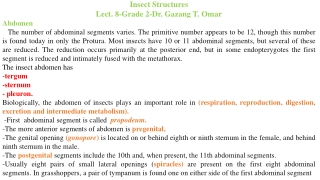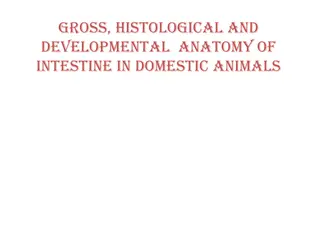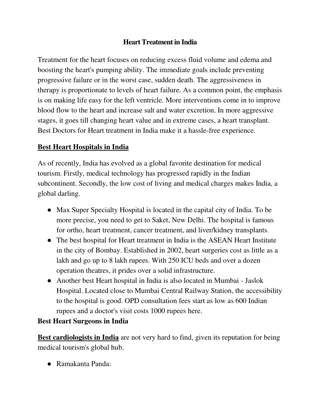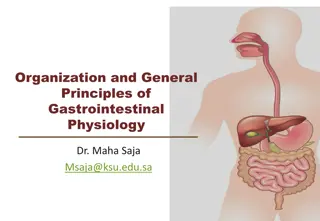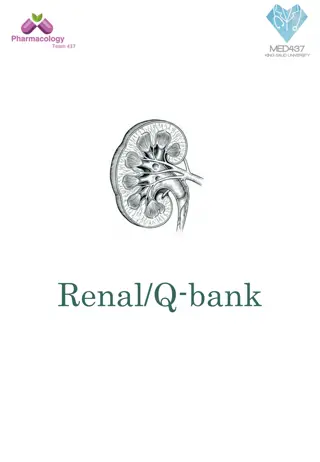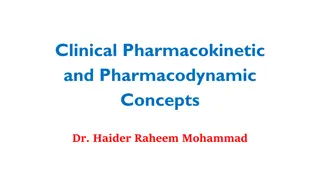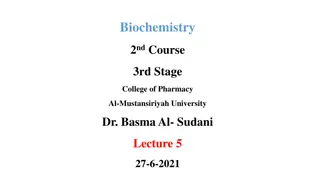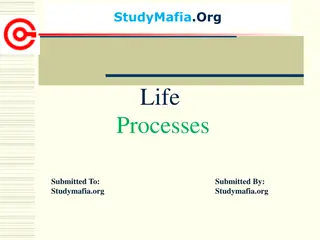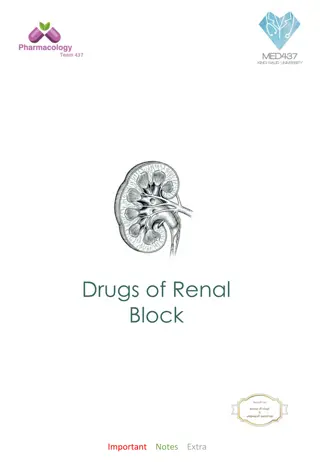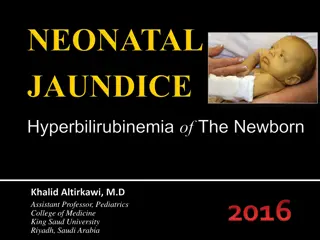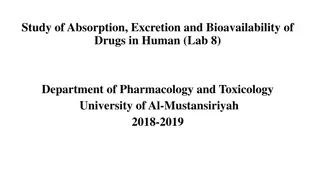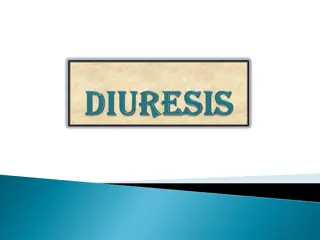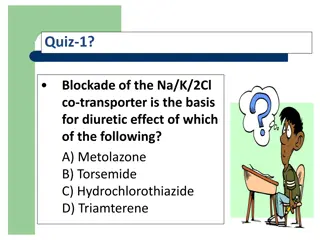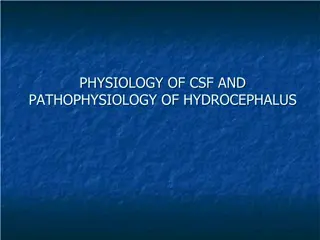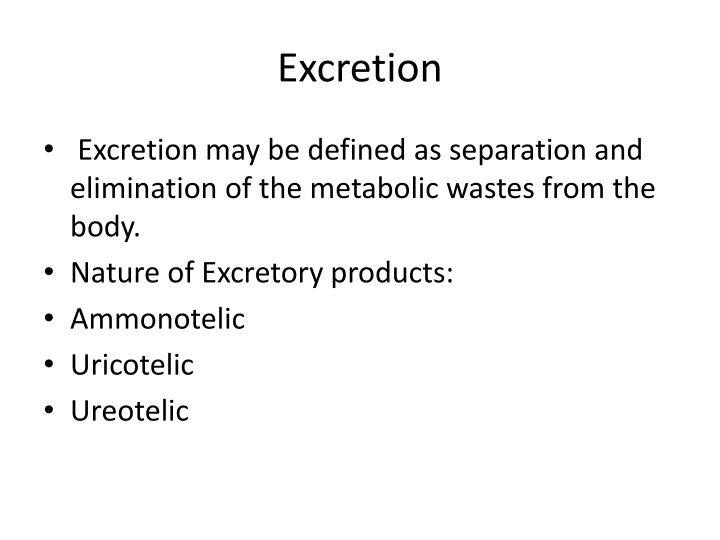
Process of Excretion in the Human Body
Explore the process of excretion in the human body, including the nature of excretory products, the role of the nephron, formation of urine, counter-current mechanism, composition of urine, and abnormal constituents of urine. Learn about the different types of excretory products and how the kidneys produce concentrated urine. Discover the composition of urine and abnormal constituents that can indicate various health conditions.
Download Presentation

Please find below an Image/Link to download the presentation.
The content on the website is provided AS IS for your information and personal use only. It may not be sold, licensed, or shared on other websites without obtaining consent from the author. If you encounter any issues during the download, it is possible that the publisher has removed the file from their server.
You are allowed to download the files provided on this website for personal or commercial use, subject to the condition that they are used lawfully. All files are the property of their respective owners.
The content on the website is provided AS IS for your information and personal use only. It may not be sold, licensed, or shared on other websites without obtaining consent from the author.
E N D
Presentation Transcript
Excretion Excretion may be defined as separation and elimination of the metabolic wastes from the body. Nature of Excretory products: Ammonotelic Uricotelic Ureotelic
Formation of Urine Filtration Selective Re absorption Tubular Secretion or Augmentation
Counter Current Mechanism The kidneys produce concentrated urine by a complex sequence of events which is known as Counter-current multiplier system. This system resides in loop of Henle which is a hairpin loop interposed between the proximal and a distal tubules of a nephron. The fluid flows in apposite directions in the descending and ascending limbs of the loop, thus the name Counter current.
Composition of Urine Water 96% Urea 2% Other dissolved solids 2% Uric acid Creatinine Inorganic salts: chlorides, phosphates,sulphates,oxalates of Sodium,Potassium and Calcium.
Abnormal Constituents of Urine Protein(albumin)and blood in many conditions particularly disease or injury of the renal tract. Sugar (Glucose)in Diabetes mellitus. Ketone Bodies (acetoacetic acid, B- Hydroxybutyric acid and acetone ) in diabetes and starvation Bile in jaundice.

